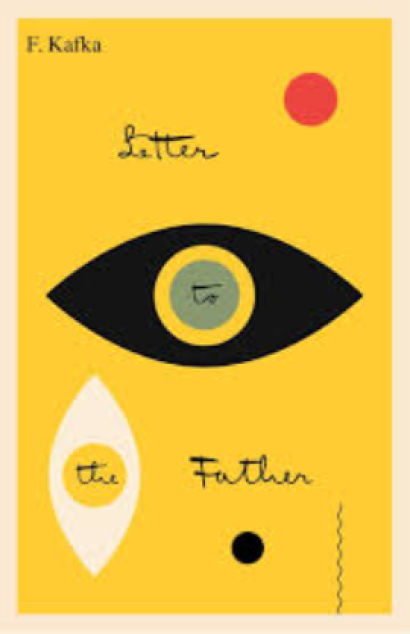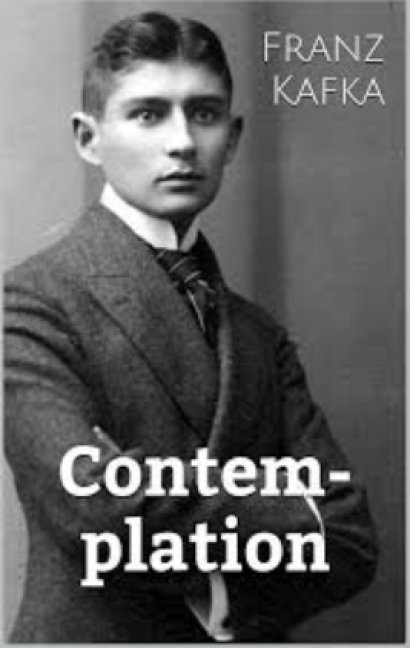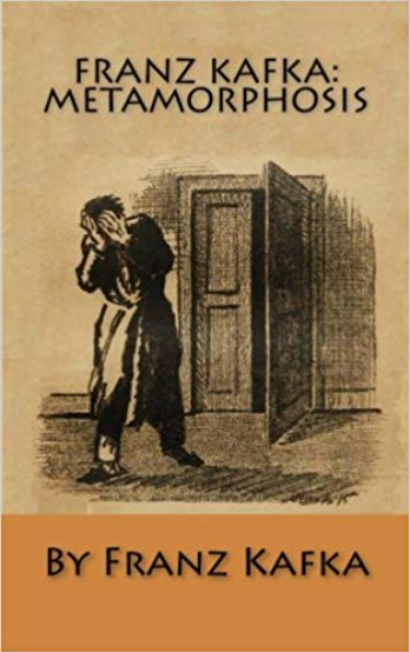Ever feel like life is a maze of rules you don’t remember agreeing to, demands you can’t quite meet, and an unease you can’t name? Franz Kafka understood that feeling long before it became the modern condition. Born in Prague in the early 20th century, he wrote with uncanny precision about alienation, bureaucracy, family tensions, and the quiet dread of being human. His stories blur the line between the ordinary and the absurd, showing us how strange “normal” can be when you step back and look at it. That’s why, a century later, his work still speaks directly to our anxieties—almost as if he had already lived the lives we’re struggling through. To see how, let’s step into four of his most haunting and unforgettable works.
Letter to His Father

Part confession, part courtroom speech, this long, unsent letter to Kafka’s father is painfully candid. He maps a childhood lived under towering authority and constant judgment. You can feel the push and pull: the desire to please, the fear of disappointing, the ache of never measuring up. He links that pressure to adult doubts about love, work, and the right to be himself.
Why it matters now: Many of us still negotiate old family weather. This letter gives language to that work and suggests that clarity—however painful—is a form of freedom.
Contemplation

This early collection gathers brief, bright pieces that capture city life and private moments. A passerby, a window, a staircase—each small scene opens into a question. What am I doing here? Who am I when nobody sees me? The tone is calm, but the ground wobbles underfoot. You can watch Kafka learning how to make the everyday feel haunted, without raising his voice.
Why it matters now: In a noisy world, these small meditations reward attention. They teach us to notice how the mind colors everything we see.
The Country Doctor

The title story sends a rural doctor out on a winter night to a case he cannot quite grasp. Doors open too easily. Horses appear from nowhere. The village demands a miracle he cannot deliver. It reads like a lucid dream about duty and helplessness. Across the collection, people get swept up by roles and rituals that leave them exposed and exhausted.
Why it matters now: Anyone who has worked inside a demanding system—schools, hospitals, offices—will feel seen. Kafka captures the cost of care when the structure itself is unwell.
The Metamorphosis

The famous opening does the job in a breath: “When Gregor Samsa awoke one morning from uneasy dreams…” Overnight, a reliable salesman becomes unpresentable, and his family scrambles to make sense of him. The story is a tight study of alienation—at work, at home, and inside one’s own body. It asks hard questions about usefulness, love, and the thin line between care and cruelty.
Why it matters now: When illness, burnout, or difference changes how others see us, the world can turn cold. This book refuses that coldness and demands a gentler measure of worth.
Kafka’s stories still speak because they capture what we now call the Kafkaesque—that unsettling mix of absurdity, anxiety, and systems bigger than ourselves. He shows how power works in quiet rooms. How fear shrinks us. How imagination still opens doors where none appear. Start with any of these works and you’ll step into a world that mirrors our own, only clearer and stranger. Read him not to solve him, but to see more sharply—and to carry that clarity back into your day.

